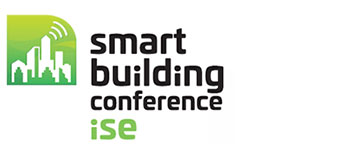- 9.30: Eduardo Cembrano (CIRCE), Welcome and introduction. The TRIBE project – training behaviour towards energy efficiency: Play it!
- 9.40: Andrea Conserva (CIRCE), Impact of energy efficiency measures and actions applicable to public buildings
- 09.55: José Luis Burón (ACCIONA), ICT solutions for monitoring and control in buildings considering user behaviour
- 10.10: Erik Einebrant (RISE): A serious game for behavioural change
- 10.25: Anton Gustaffson (RISE), Applications of an energy simulation engine
- 10.40: Eduardo Cembrano (CIRCE), Q&A
- 10.50: Eduardo Cembrano (CIRCE), Summary and wrap-up
TRIBE “TRaIning Behaviours towards Energy efficiency: Play it!” is an international collaborative project funded by the European Commission under the H2020 programme with a total budget of 2 million €.
TRIBE project is in line with the roadmap established by the SET Plan, expecting a 20 % reduction in the use of primary energy by improving energy efficiency by 2020. The overall objective of the project is to contribute to a citizens’ behaviour change towards energy efficiency in public buildings, through their engagement in the experience of playing a social game, linked by ICT to real time data collected from 5 pilot buildings (including social housings, schools, faculties and public offices) hosting around 1.300 regular users and almost 12.000 eventual users. The targeted average energy savings in the pilots is 24,8% of the current energy consumption.
To achieve TRIBE goals, the consortium has developed:
- An attractive game able to engage public buildings users, in which building users will adopt energy efficient attitudes. It includes a simulation engine and collection real data from the ICTs installed in the pilots, enabling a dynamic interaction building-consumer.
- A TRIBE pack for public buildings owners and operators to implement the project solutions at their buildings, fostering ICT deployment. This way, public building operators and owners will increase their expertise and improve their behaviours, having proven information about the cost-effectiveness of the energy efficiency measures, as well as funding schemes adapted to their institutional challenges and regulatory framework.













